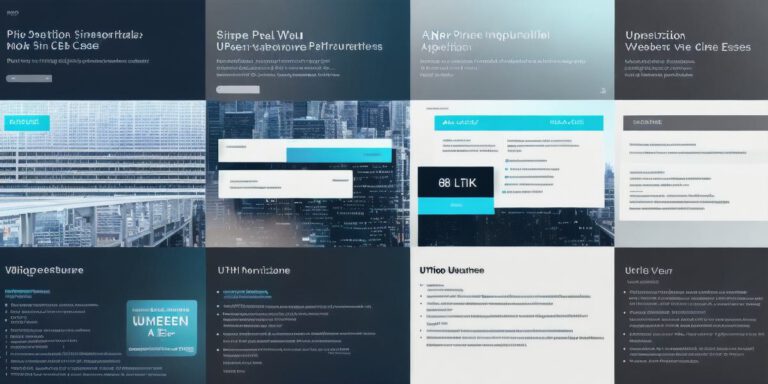Discover the Power of Web3 Domain Names: A Guide to the Future of the Internet

The internet has revolutionized the way we live and work, but its limitations have become apparent as we continue to push the boundaries of technology. As we move towards a more decentralized and secure digital landscape, web3 domain names are set to play a pivotal role in unlocking the full potential of the internet. In this guide, we’ll explore the power of web3 domain names and how they can transform your online presence.
What are Web3 Domain Names?
Web3 domain names, also known as decentralized domain names, are digital addresses that are not controlled by a central authority such as ICANN. Instead, they are managed by a network of nodes on the blockchain, making them more secure and resistant to censorship and control. Unlike traditional domain names, which require users to go through an intermediary to purchase and renew, web3 domain names can be purchased directly from the source and are decentralized, meaning they cannot be taken down or seized by governments or corporations.
The Benefits of Web3 Domain Names
One of the key benefits of web3 domain names is their ability to provide greater security and privacy for online users. By cutting out intermediaries, users can have more control over their digital identity and data, reducing the risk of hacking, phishing, and other types of cybercrime. Additionally, web3 domain names offer greater freedom and flexibility in terms of how they can be used, with no restrictions on content or usage.
Another advantage of web3 domain names is that they can help to reduce the carbon footprint associated with traditional web hosting services. By leveraging blockchain technology, web3 domain names can provide a more energy-efficient and sustainable solution for online businesses and individuals. Moreover, web3 domain names can also help to support local communities and promote decentralized governance models.
Real-Life Examples of Web3 Domain Names in Action
One example of the power of web3 domain names is the platform Namecoin, which was launched in 2011 as a decentralized alternative to ICANN. Namecoin uses a consensus algorithm known as proof-of-work to validate transactions and prevent double-spending, making it more secure than traditional centralized domains. Another example is the social media platform Diaspora, which was launched in 2010 as a decentralized alternative to Facebook. Diaspora uses its own web3 domain name, diaspora.me, which allows users to retain control over their data and content.
The Future of Web3 Domain Names
As the adoption of blockchain technology continues to grow, it’s likely that we will see more and more businesses and individuals embracing web3 domain names as a way to establish a more secure and sustainable online presence. Additionally, as decentralized governance models become more prevalent, web3 domain names may play an increasingly important role in promoting community ownership and control of the internet.
FAQs
- What are the main benefits of using web3 domain names?
Web3 domain names offer greater security, privacy, and freedom for online users, as well as reducing carbon footprint and supporting decentralized governance models.
- How do web3 domain names work?
Web3 domain names use blockchain technology to provide a more secure and sustainable solution for online businesses and individuals, with no intermediaries required to purchase or renew.
- What are some examples of real-life applications of web3 domain names?
Namecoin and Diaspora are two examples of platforms that have embraced web3 domain names as a way to establish a more secure and sustainable online presence.
- What is the future of web3 domain names?

As blockchain technology continues to grow, it’s likely that we will see more businesses and individuals adopting web3 domain names to establish a more secure and sustainable online presence. Additionally, decentralized governance models may play an increasingly important role in promoting community ownership and control of the internet.








